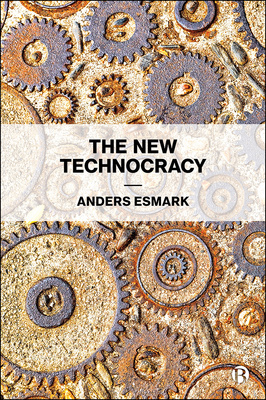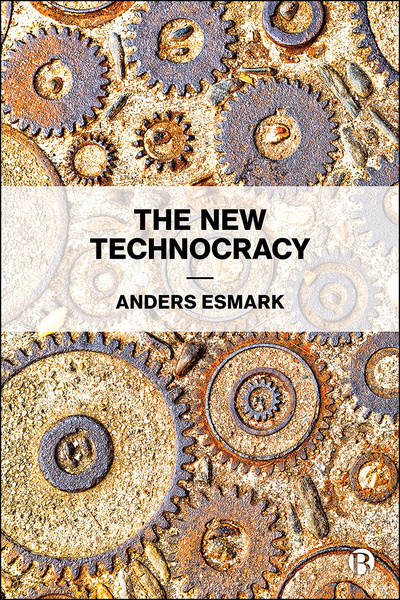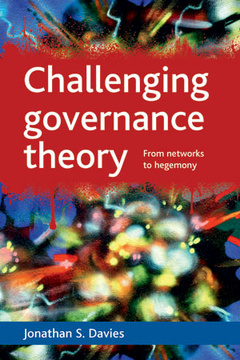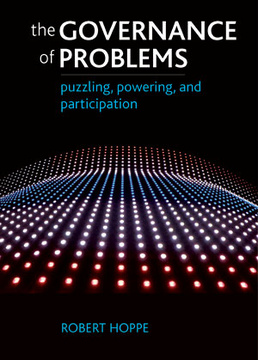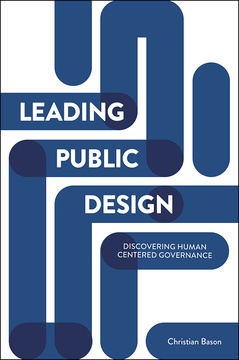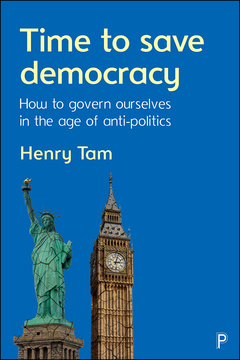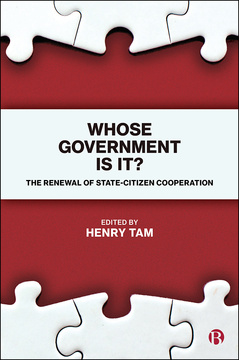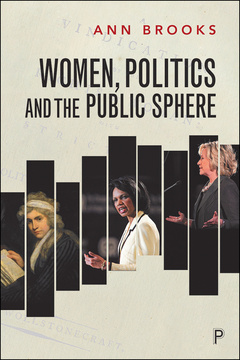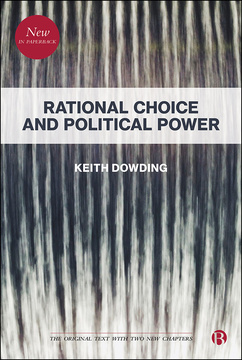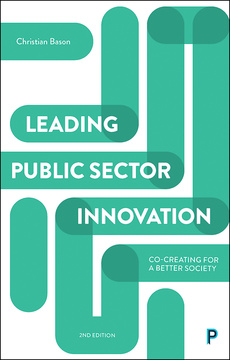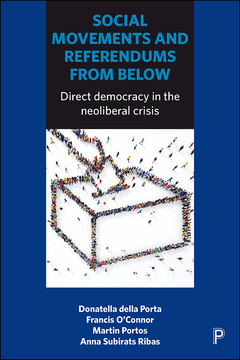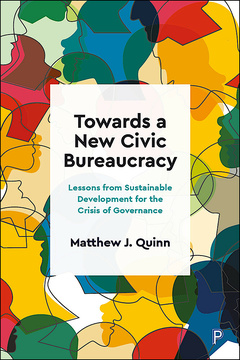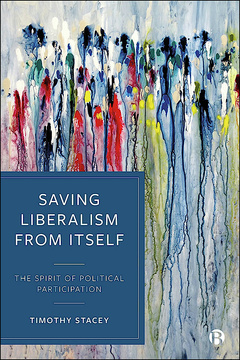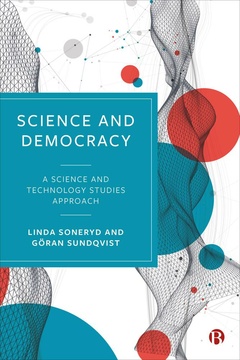The New Technocracy
By Anders Esmark
Published
Apr 8, 2020Page count
300 pagesISBN
978-1529200881Dimensions
234 x 156 mmImprint
Bristol University PressPublished
Apr 8, 2020Page count
300 pagesISBN
978-1529200874Dimensions
234 x 156 mmImprint
Bristol University PressPublished
Apr 8, 2020Page count
300 pagesISBN
978-1529200911Imprint
Bristol University PressPublished
Apr 8, 2020Page count
300 pagesISBN
978-1529200911Imprint
Bristol University PressSetting a new benchmark for studies of technocracy, this book shows that a solution to the challenge of populism will depend as much on a technocratic retreat as democratic innovation. Esmark examines the development since the 1980s of a new 'post-industrial' technocratic regime and its complicity in the populist backlash against politics and political elites that is visible today.
The new technocracy – a combination of network governance, risk management and performance management – has, the author argues, abandoned the overtly anti-democratic sentiments of its industrial predecessor and proclaimed a new partnership with democracy. The rise of populism, however, is a clear sign that the inherent problems of this partnership have been exposed and that technocracy posing as democracy will only serve to exacerbate existing problems.
“This book is the perfect place to start trying to understand the significance of technocracy in the contemporary era.” Christopher Bickerton, University of Cambridge
“Makes an original contribution by arguing that populism’s rise can be explained by a widening gap between the ideas of a ‘new’ technocracy on the one hand and the lived experiences of everyday citizens on the other.” Paul Fawcett, University of Melbourne
Anders Esmark is Associate Professor in Public Organization and Policy in the Department of Political Science at the University of Copenhagen.
Rediscovering Technocracy
Technocratic Revolutions: From Industrial to Post-industrial Technocracy
Who are the Technocrats? From the Technostructure to Technocratic Government
The Technocratic Regime: Technocracy, Bureaucracy and Democracy
Technocratic Organization: The Power of Networks
Technocratic Regulation: Coping with Risk and Uncertainty
Technocratic Calculation: Economy, Evidence and Experiments
New Populism vs New Technocracy
Reining Technocracy Back In?
Conclusion: Technocracy at the End of the World







